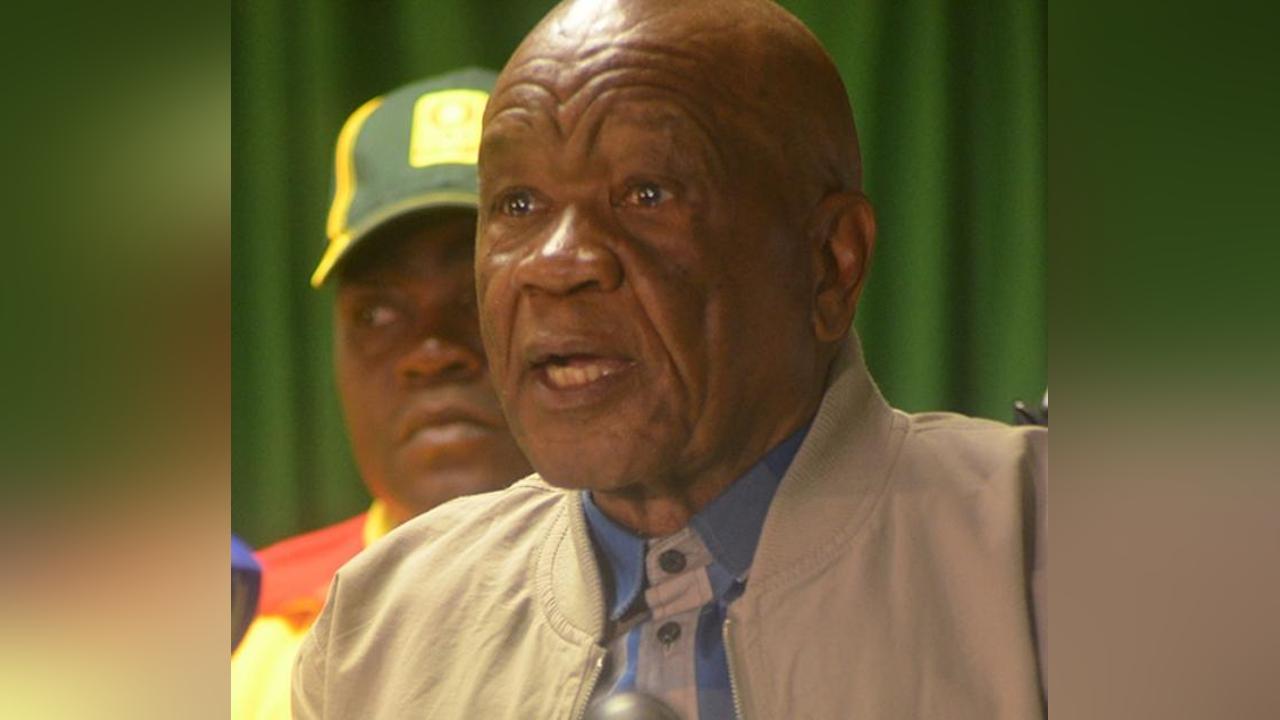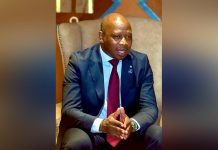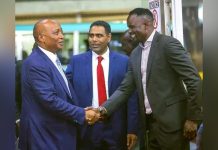Africa-Press – Lesotho. Basotho are weary of elections, research findings reveal. A few years ago Basotho had strong faith in polls and regarded elections as the only instrument of democratic and peaceful transfer of power with the consent and choice of the majority.
Across the board, Basotho have grown jaded about elections, research notes further warning the elections’ fan base is shrinking among Basotho, especially among younger people.
Many fatigued Basotho say they are open to trying something new other than elections. Basotho who prefer “other methods” now outnumber those who think elections are the best way to choose their country’s leaders.
This is according to Afrobarometer’s most recent survey in Lesotho published this week. The survey found that fewer than half (48 percent) of Basotho support elections as the best way to choose their leaders, a drop of 25 percentage points from 73 percent in 2014.
Afrobarometer said this was the lowest level of support for elections among 34 African countries surveyed in 2016/2018. “Support for multiparty competition has likewise dropped sharply, from 55% in 2014 to 36 percent in 2017.
Two-thirds (66 percent) of Basotho want their electoral system to switch back from the current mixed member proportional system to a majoritarian system,” the survey states.
Afrobarometer is a Pan-African, non-partisan research network that conducts public attitude surveys on democracy, governance, economic conditions, and related issues in African countries.
It has been a trailblazer when it comes to African statistics. Acquiring this latest data was an enormous undertaking. The Afrobarometer team in Lesotho, led by Advision Lesotho, interviewed 1,200 adult Basotho in December 2017.
The team said a sample of this size “yields country-level results with a margin of error of +/-3 percentage points at a 95 percent confidence level”. Lesotho has had three general elections in the past six years; in 2012, 2015, and 2017 each of which failed to produce an outright winner resulting in a coalition government.
During the same period, the number of parties contesting elections grew sharply while voter turnout decreased. The number of political parties seeking parliamentary seats grew from 18 in 2012 to 27 in 2017 while voter turnout declined from 50.04 in 2012 to 46.37 percent in 2017.
“After three elections that have resulted in coalition governments, three-quarters (76 percent) of Basotho say coalition governments are more unstable and have more difficulty getting things done than one-party governments,” Afrobarometer said.
Just before beginning its winter recess in June, the National Assembly received a motion of no confidence in Prime Minister Thomas Thabane, raising the possibility of another early election should the motion succeed.
The motion was filed by the Thabane-led All Basotho Convention (ABC) Member of Parliament (MP) for Koro-Koro constituency Motebang Koma. Koma’s motion was seconded by MP for Qalabane, Motlalentoa Letsosa, who is also deputy leader of the main opposition Democratic Congress (DC).
Parliament was adjourned sine die before the motion could be tabled in the House. Some observers believed the national assembly was closed indefinitely to stave off a vote of no confidence.
According to the Constitution, if the National Assembly passes a resolution of no confidence in the government and the prime minister does not within three days thereafter either resign or advise a dissolution, the King may, acting on the advice of the Council of State, dissolve Parliament and call for a fresh election.
DC has called for an early election instead of waiting for the 2022 national election. Its leader Mathibeli Mokhothu’s stance is that the alleged rot afflicting Thabane’s government can only be treated through an election that will produce a clear winner.
But Lesotho Congress for Democracy (LCD) leader Mothetjoa Metsing, a former deputy prime minister, is cautious and has argued that until the playing field has been levelled by constitutional and parliamentary reforms, elections would always produce a faulty outcome.
Metsing has been calling for a Government of National Unity (GNU) since June 2017, and insists on a GNU to lead the country throughout the multi-sector reforms process. He has suggested that without meaningful political reform, elections will not solve the deep crisis that has paralysed the country since 2014.
Movement for Economic Change (MEC) leader Selibe Mochoboroane has, instead of GNU, called for a transitional government whose primary objective would be to ensure the country implements multi-sector reforms before going for elections when they are due in 2022.
Others argue that Thabane must resign make way for a new prime minister. Last month the disputed ABC deputy leader Professor Nqosa Mahao said he will oppose any attempts to push for early elections.
During the Transformation Resource Centre (TRC) friends meeting and forum debate, Mahao indicated that according to the constitution, boundaries of Lesotho’s 80 constituencies should be reviewed every 10 years.
“That has not happened and if the King can accept the Prime Minister’s advice to dissolve parliament and call for elections, I will take the King to court for calling elections when there has not been a review of constituencies as required by the constitution,” he said.
Section 67(3) of the Constitution states: “Commission shall review the boundaries of the constituencies into which Lesotho is divided, not less than eight nor more than ten years from the date of completing its last review.
” The last review which was done in 2010 was supposed to have been done in 2008 but was put on hold due to delays in releasing the 2006 census results.
The review resulted in changes in 63 out of the 80 constituency boundaries and saw the dissolution of Matelile constituency in Mafeteng district and the creation of Thetsane constituency in Maseru, while Mabote constituency was moved from Maseru district to Berea district.
The final review report which was presented to stakeholders in August 2010 said this was done because Mabote had been wrongly included among the Maseru constituencies.
The urban part of Berea constituency was cut off to start a new constituency called Khubetsoana which the report said has 15 742 voters. Other constituencies were renamed while boundaries of others shifted dramatically.
For More News And Analysis About Lesotho Follow Africa-Press






